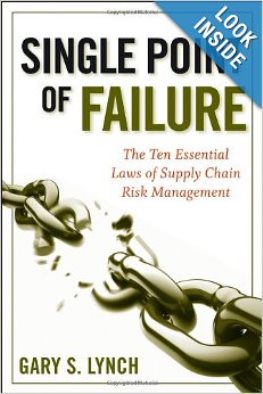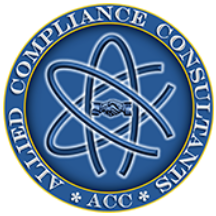Book Details
Paperback: 320 pages
Publisher: Wiley
Language: English
ISBN-10: 0470424966
ISBN-13: 978-0470424964
Product Dimensions: 1.2 x 6.1 x 9 inches
Book Description
Over the past decade organizations have faced relentless customer demand for better value at less cost, individual customization, greater choice, faster delivery, higher quality, exceptional service, and more recently – increased environmental and social consciousness. The organization’s weapon of choice to address this increasing demand has been the supply chain. However, as the supply chain footprint changed (e.g. outsourcing, off-shoring and customer/vendor empowerment) so did the organization’s exposure to uncertainty. Organizations were taken by surprise since this exposure was unanticipated, complex and beyond their ability to manage. As customers become more demanding and change occurs at an even greater pace, supply chain risk continues to propagate like a parasite. Organizations and societies are at much greater risk of systemic failure because of the massive interdependency throughout global supply chains. The priority now is two-fold; play catch-up and address these massive gaps while deploying more intelligent and integrated strategies (i.e. social aware, instinctive, dynamic and predictive) for dealing with continuous change.
Single Point of Failure: The 10 Essential Laws of Supply Chain Risk Management uses analogies and dozens of case histories to describe the risk parasite that infects all supply chains while revealing methods to neutralize that parasite. The book addresses the questions: What are the “single points of failure”? How exposed are customers, investors, other stakeholders and ultimately the organization? What is the measurable impact (i.e. brand, financial, strategic, and non-compliance)? Who establishes the “risk paradigm”? How does the organization efficiently and effectively allocate precious resources – time, people, management attention, and capital? How is success measured? This book is both technically powerful and effectively realistic, based on today’s complex global economy.
About the Authors
Gary S. Lynch
Gary G. Lynch is an American attorney and the former chief legal officer for the New York investment bank Morgan Stanley. He was formerly Vice Chairman of the Firm, resident in its London Office.
In April, 2011, Bank of America named him global chief of legal, compliance and regulatory relations, a new position created at BoA to deal with its on-going mortgage woes arising from its acquisition of Countrywide Financial, the subprime lender it acquired in 2008, once the nation’s largest mortgage lender. http://dealbook.nytimes.com/2011/04/15/mortgage-woes-stall-bank-of-americas-revival/?ref=todayspaper
Lynch graduated Phi Beta Kappa from Syracuse University in 1972 and received his J.D. degree from Duke University School of Law in 1975. From 1985 to 1989, Lynch served as Chief of the Enforcement Division of the Securities & Exchange Commission. While there he brought cases, and obtained settlements, against Dennis Levine, Ivan Boesky and Michael Milken. In 1989 he negotiated a $650 million settlement with Drexel Burnham Lambert which was, at that time, the largest fine under securities laws.
In 1989, Lynch joined the law firm of Davis Polk & Wardwell as a partner. He represented clients on SEC issues, including defending them on enforcement matters. While at Davis Polk, he often was brought in by companies to conduct independent investigations into possible wrongdoings.
Lynch joined Credit Suisse First Boston as Global General Counsel in October 2001 and later became Vice Chairman. At Credit Suisse Lynch worked to restore the company’s legal reputation by reaching agreements with regulators. In October 2005 Lynch was hired at Morgan Stanley by their then CEO John J. Mack, whom he had previously worked for at Credit Suisse.





















